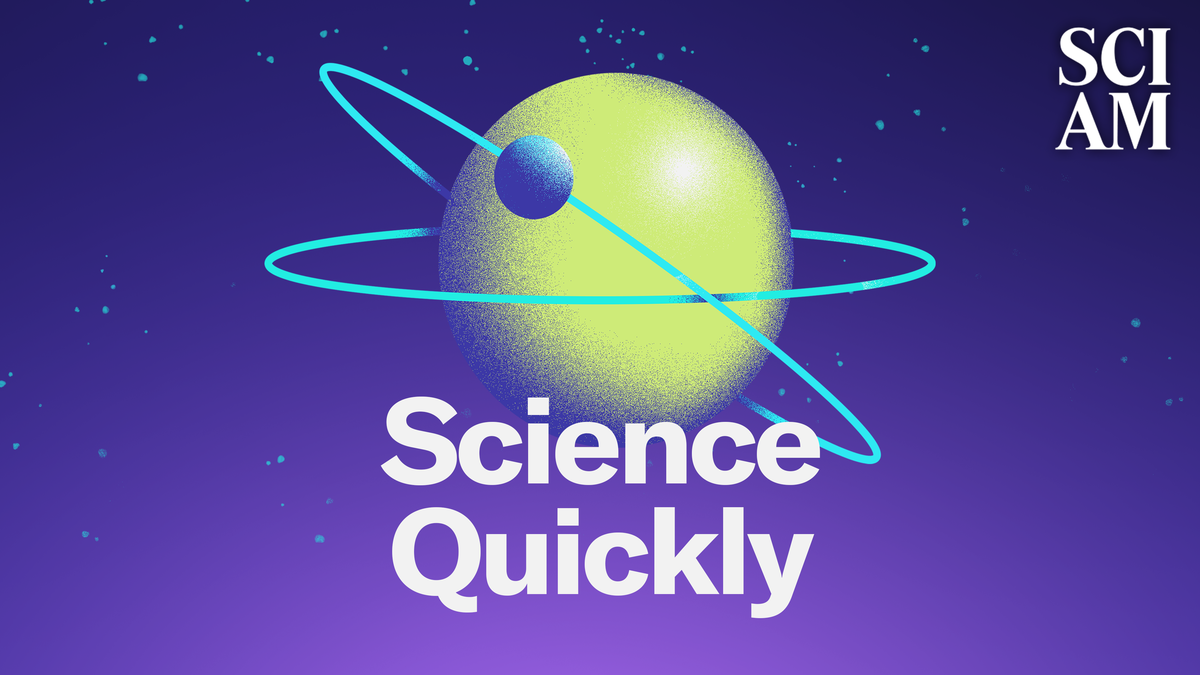Citizen Science Adventures: Turning Your Outdoor Expedition into a Research Mission

Community Science: Empowering Citizens to Drive Environmental Discovery
In the world of scientific research, a quiet revolution is taking place—one where everyday people become the eyes, ears, and hands of groundbreaking environmental exploration. Gregg Treinish, the visionary founder of Adventure Scientists, is at the forefront of this transformative movement, proving that scientific discovery isn't confined to laboratory walls.
Adventure Scientists harnesses the power of passionate individuals who are willing to collect critical data during their outdoor expeditions. Whether it's a hiker traversing remote mountain trails or a kayaker exploring coastal ecosystems, these citizen scientists are turning their adventures into meaningful scientific contributions.
"Community science is more than just data collection," Treinish explains. "It's about democratizing research, giving people a tangible way to protect the environments they love and understand the world around them." By engaging volunteers from diverse backgrounds, the organization breaks down traditional barriers in scientific research, creating a more inclusive and collaborative approach to environmental understanding.
Through carefully designed protocols and training, Adventure Scientists transforms ordinary outdoor enthusiasts into precision data collectors. Participants gather crucial information on wildlife populations, microplastic pollution, biodiversity, and other critical environmental indicators—insights that would be nearly impossible to obtain through traditional research methods.
This approach isn't just about collecting data; it's about civic engagement at its most profound level. By participating, individuals become active stewards of the planet, bridging the gap between scientific research and community action. Each collected data point represents a personal commitment to understanding and protecting our natural world.
As climate change and environmental challenges become increasingly complex, community science offers a powerful, collaborative solution. It proves that everyone, regardless of their professional background, can contribute to scientific knowledge and environmental conservation.

